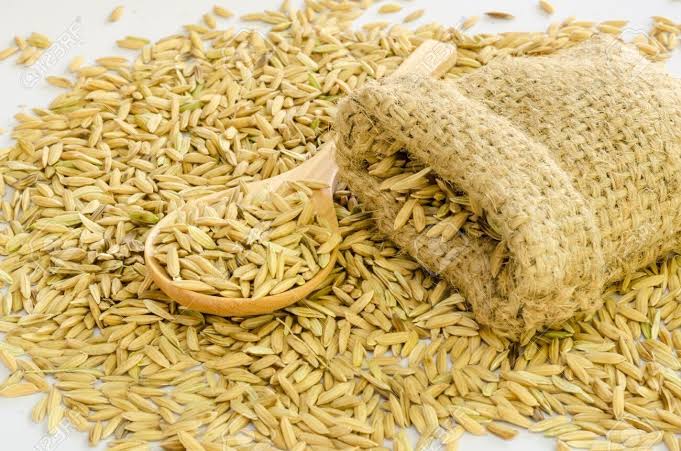The reopening of the Nigeria Niger border has breathed new life into the rice milling industry, and it couldn’t have come at a better time. As the world grapples with food security challenges, this development offers hope for our nation’s staple food rice.
For months, rice millers faced an uphill battle. The scarcity of paddy, the raw material for rice production had forced many mills to shut down. The closure of the border with Niger in 2023 disrupted cross border trade, leaving millers in a precarious position. The cost of production soared, and the future looked bleak.
Now, as the border reopens, millers are dusting off their machinery. The hum of rice mills is gradually returning, and it’s music to our ears. Jonathan Joshua, chairman of the African Rice Mill in Nasarawa, confirms this positive trend. The lifting of sanctions on the Niger military junta by the Nigerian government has played a pivotal role in this resurgence.
The impact is already visible. Prices of paddy have dropped significantly. From a high of N625,000 per ton in February, a ton of paddy now costs an average of N425,000 in April a 32%reduction. This price decline is not only a relief for millers but also a boon for consumers.
Nigeria’s appetite for rice is insatiable. We need 11 million metric tons of paddy annually to meet domestic consumption. However, our local production hovers around 4.8 million metric tons, leaving a substantial shortfall. The rice milling industry has the capacity to process 7.5 million metric tons, but most mills operated below capacity due to paddy scarcity.
Insecurity remains a stumbling block. Large scale rice production in northern Nigeria has suffered due to ongoing conflicts. Abandoned rice fields bear witness to this struggle. While the border reopening facilitates paddy import, we must address security concerns to ensure sustained supply.
As citizens, we must advocate for policies that prioritize agriculture. Our leaders should recognize that investing in food security is investing in our nation’s resilience. Empowering farmers, improving infrastructure, and promoting research are essential steps.
The revival of rice millers is more than economic, it’s about securing our future. Let us celebrate this resurgence and continue supporting initiatives that strengthen our agricultural sector. Together, we can ensure that every grain of rice contributes to a more food secure Nigeria.

